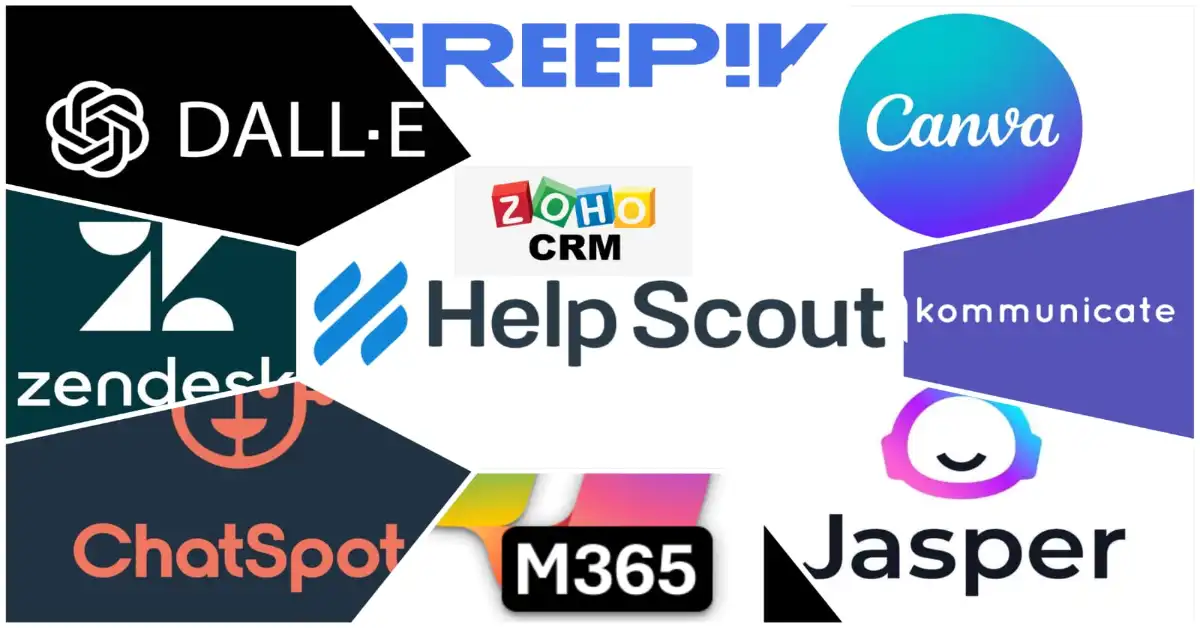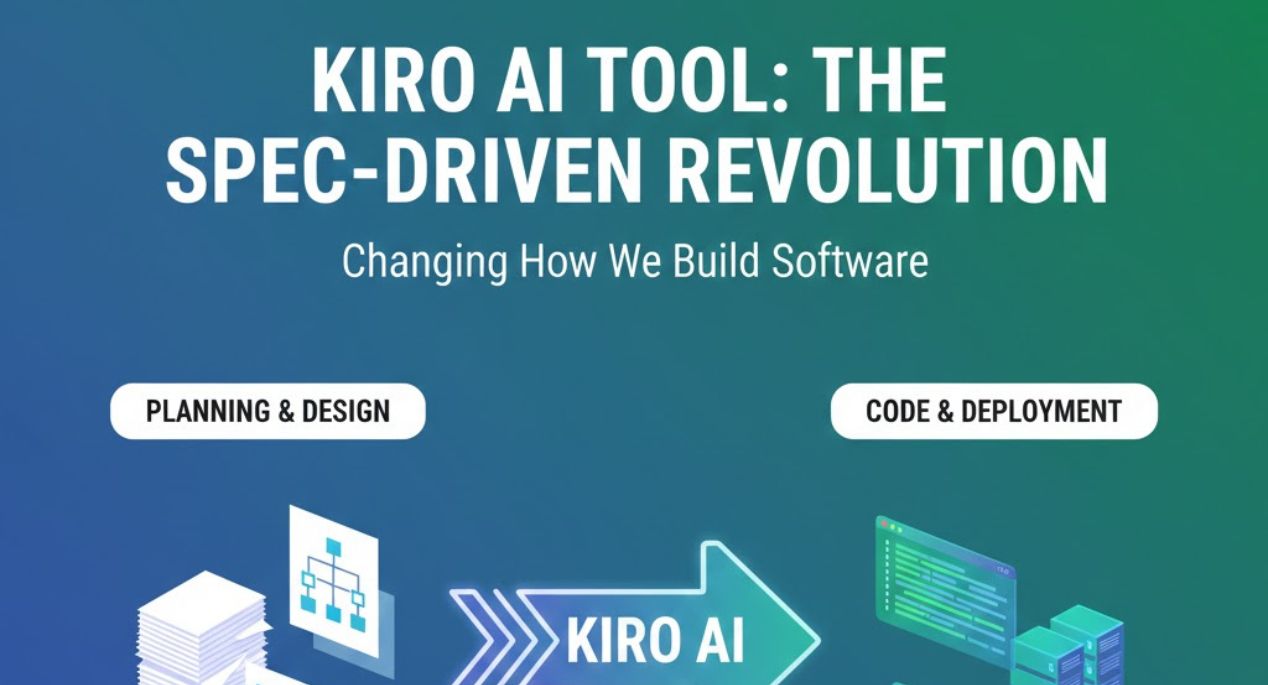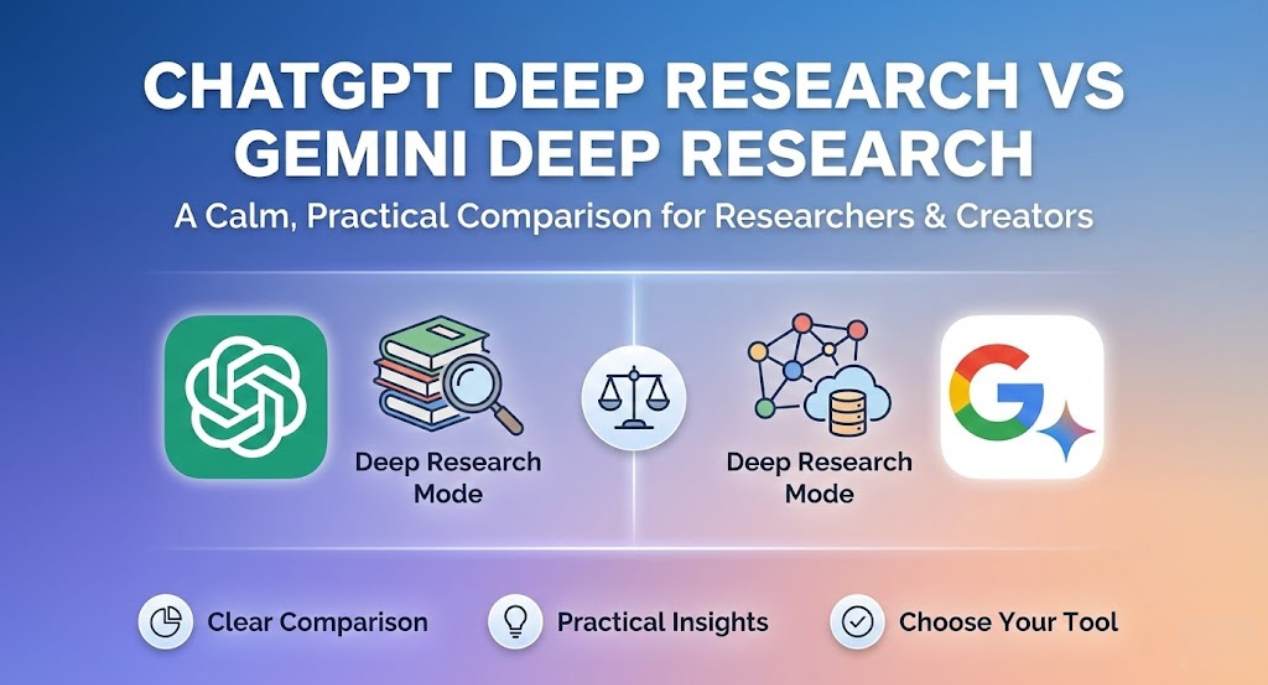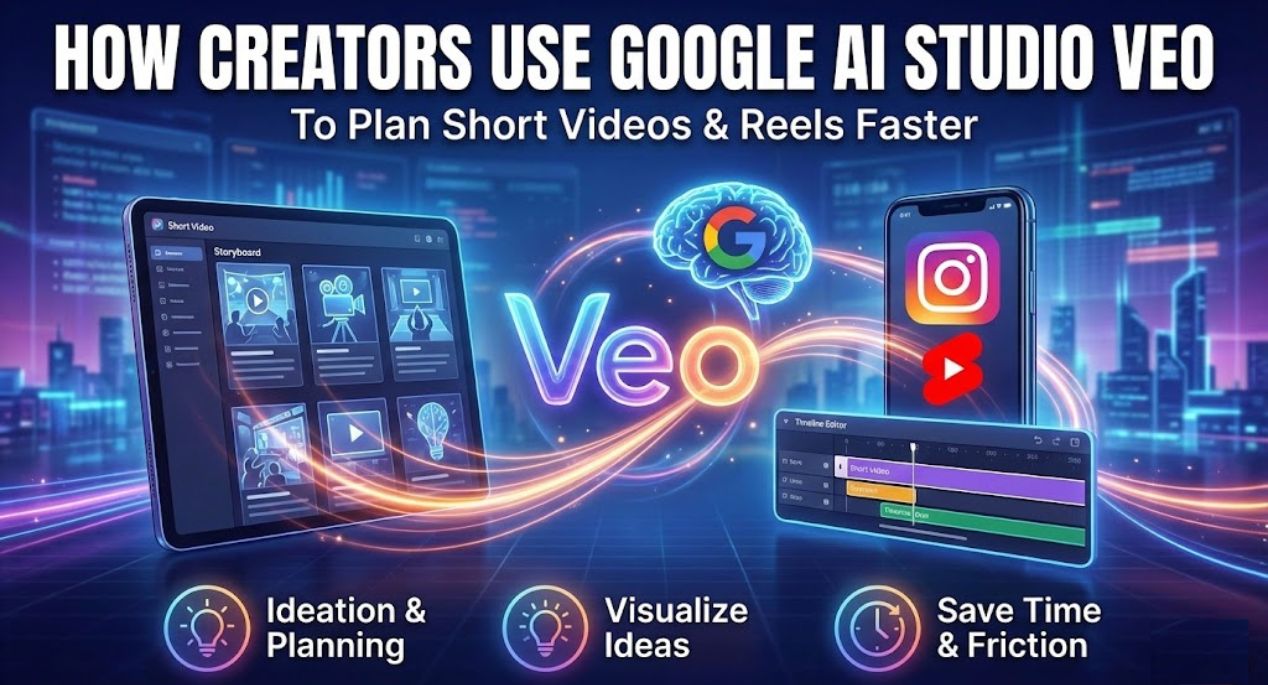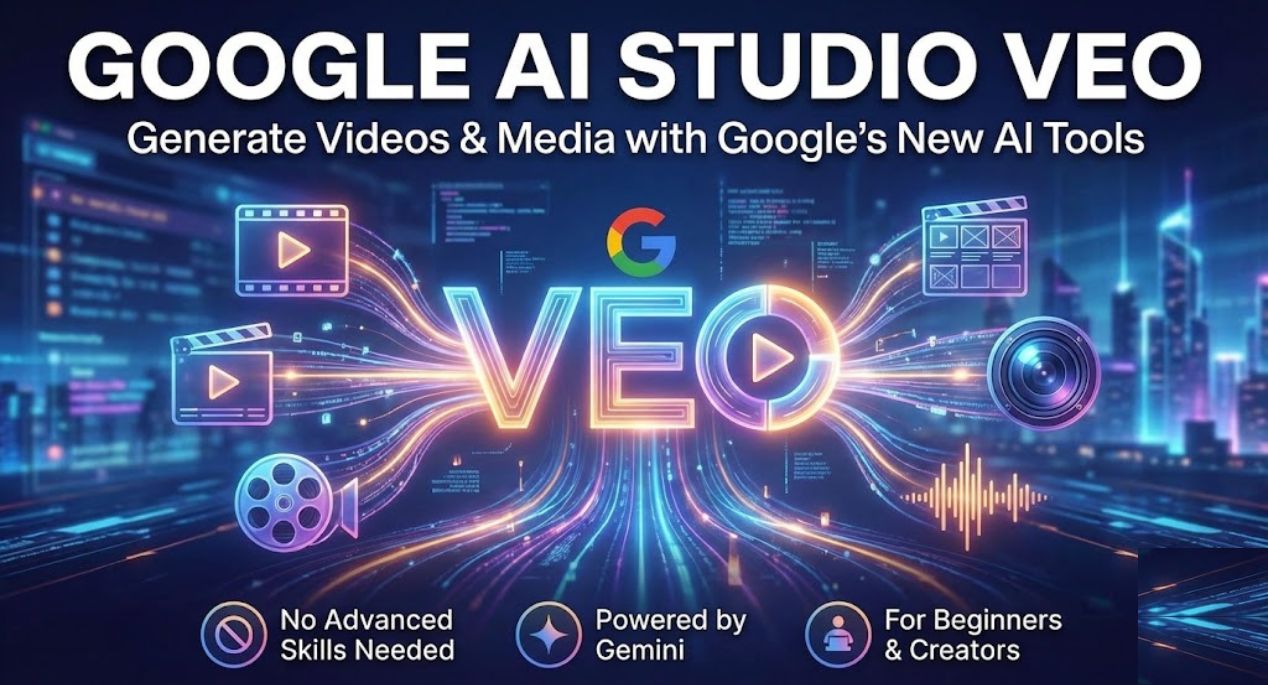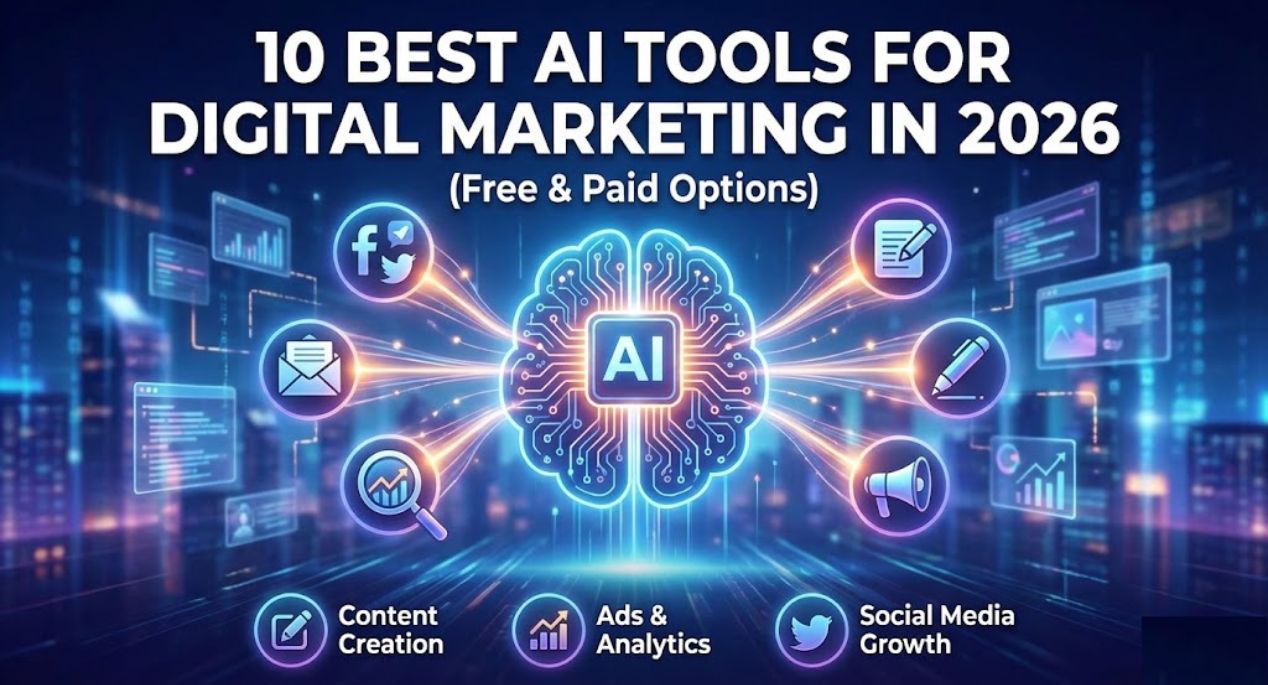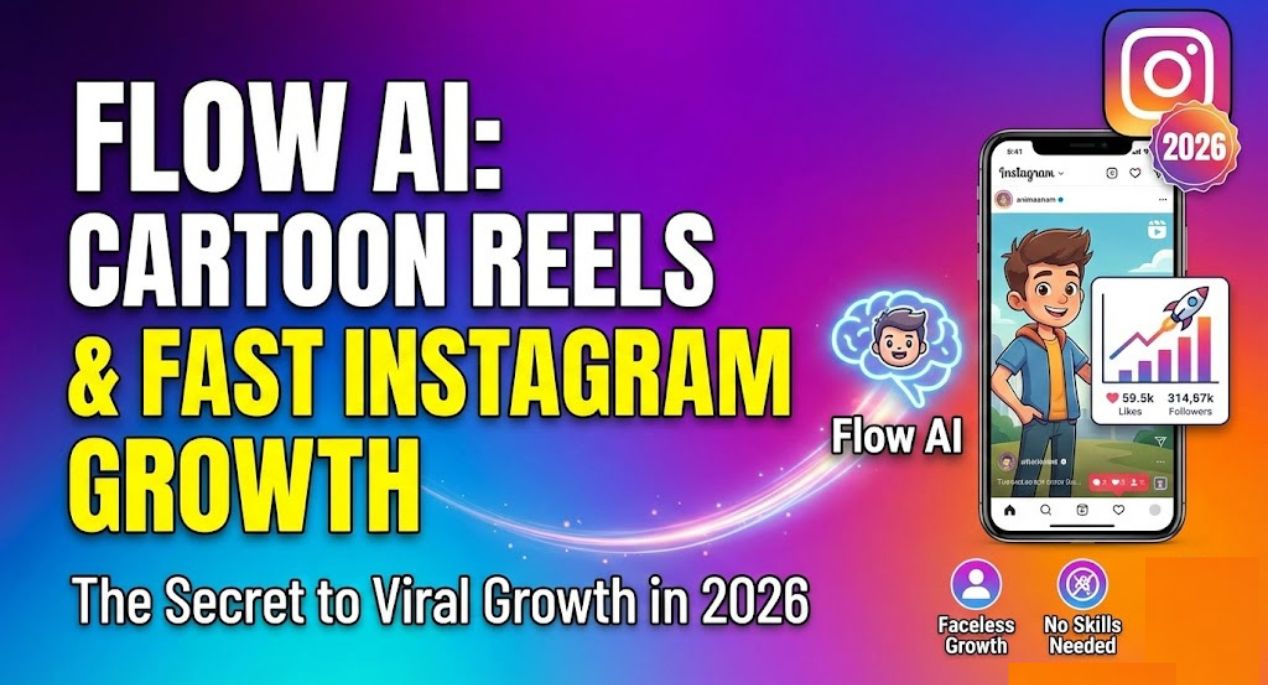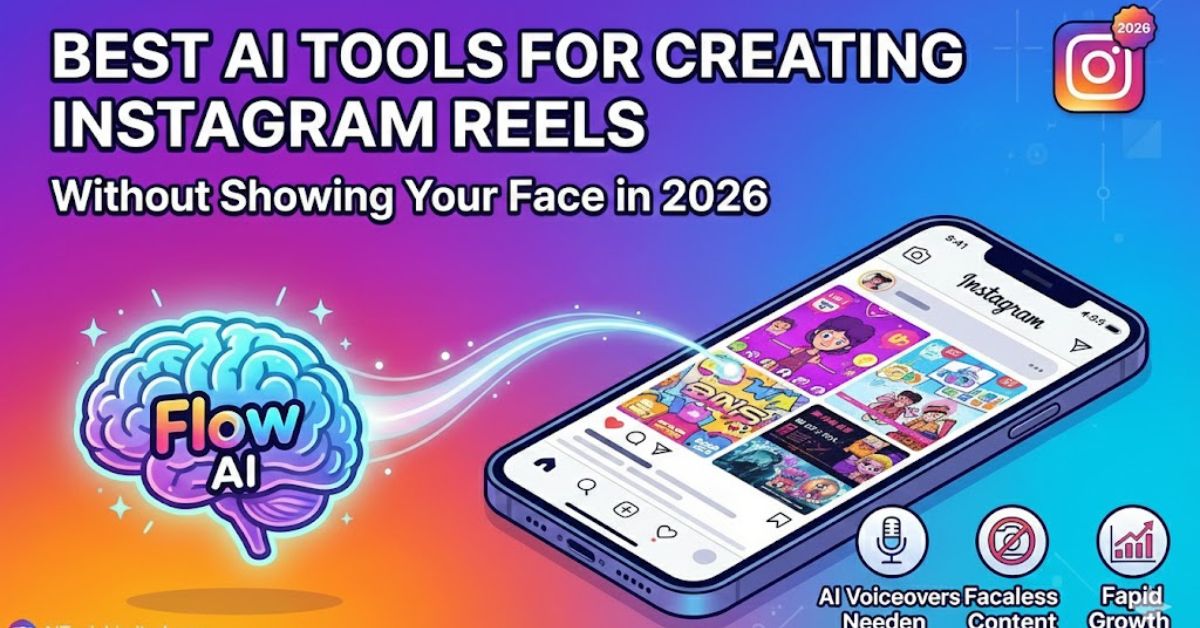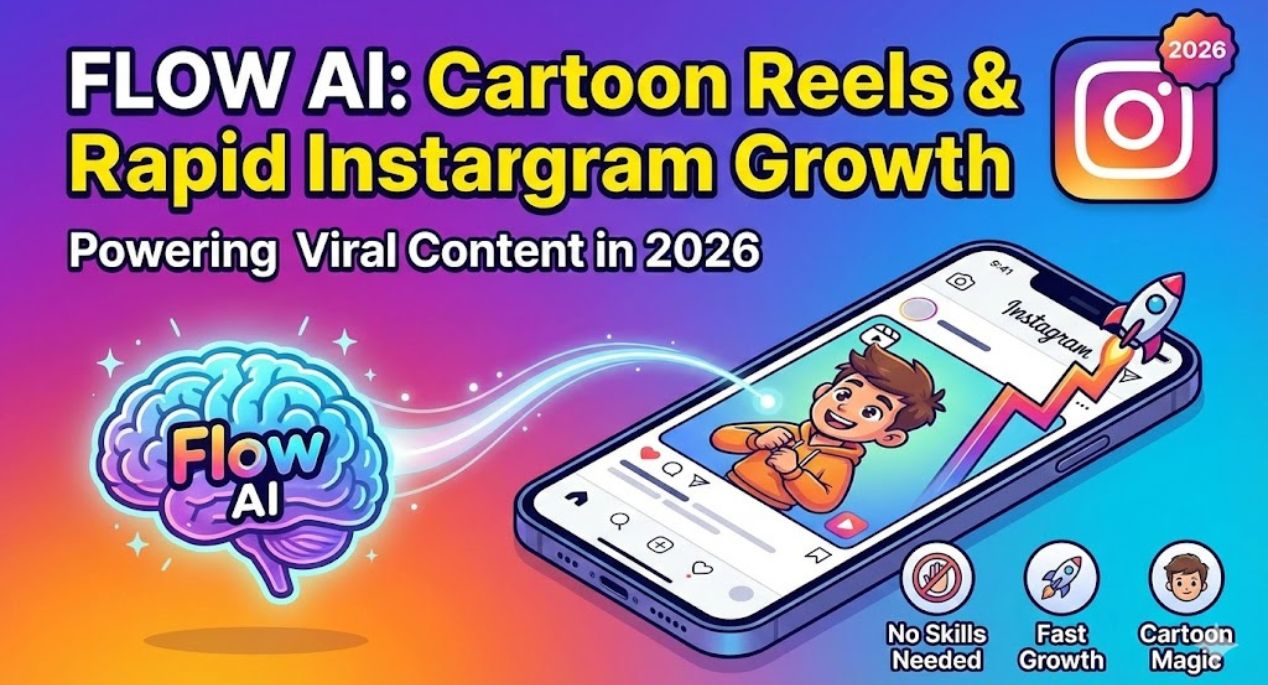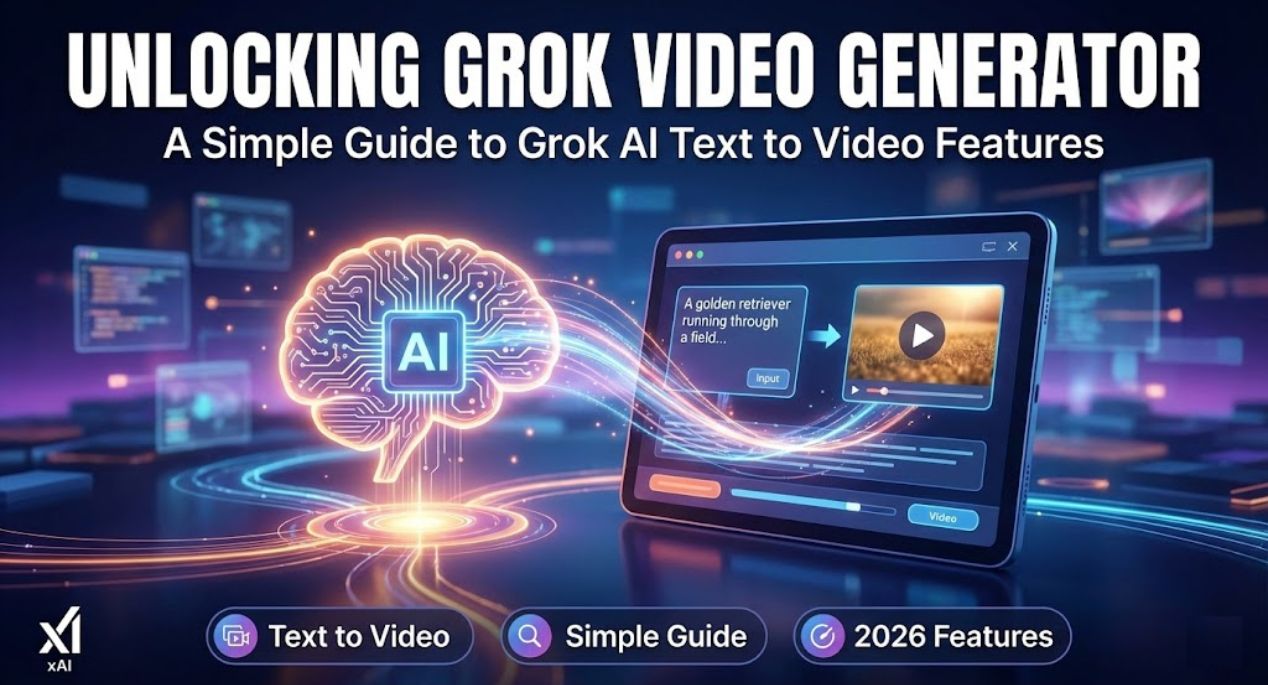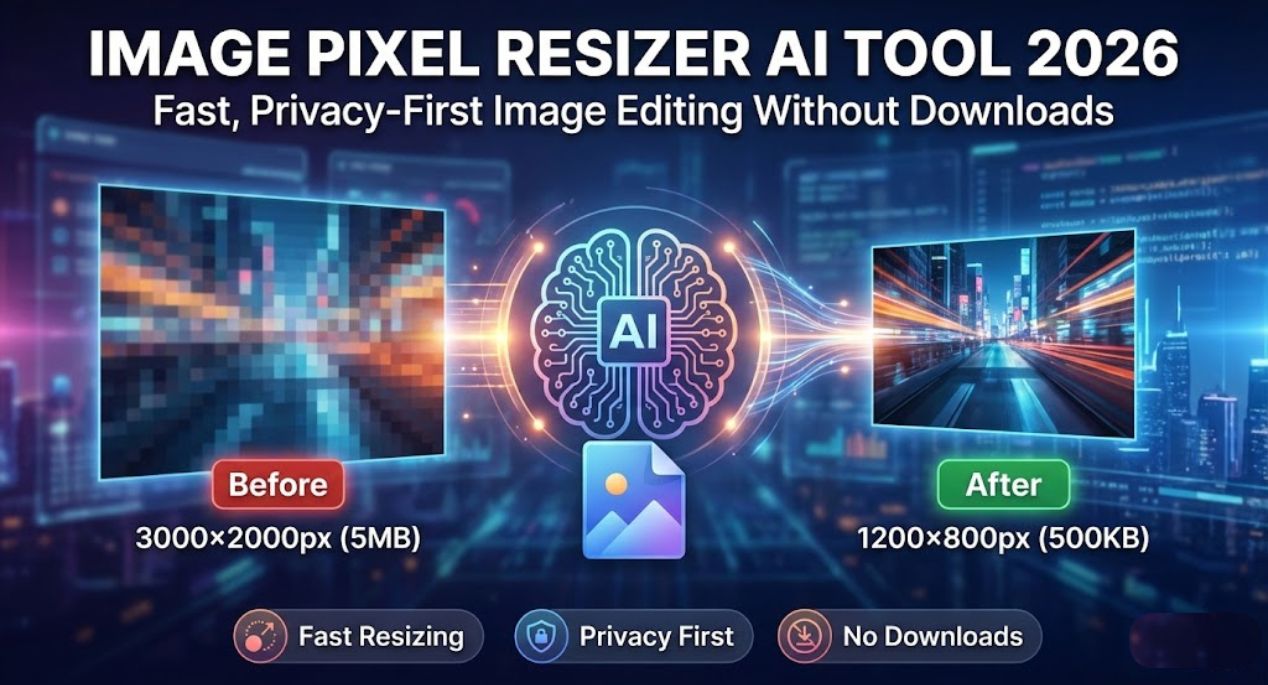Hey Everyone, I’m Faiz. For the last two years, I’ve been deep in the trenches of tech blogging, especially focused on how AI tools for small businesses are changing the game. I test these tools, talk to founders and see firsthand how real companies use them. In today’s fast-moving world, AI tools for small businesses aren’t just a luxury – they’re essential survival gear. Whether it’s answering customer chats, drafting invoices and predicting sales the right AI can save hours, cut costs, and boost growth. guess what? You don’t need a tech army to use them.
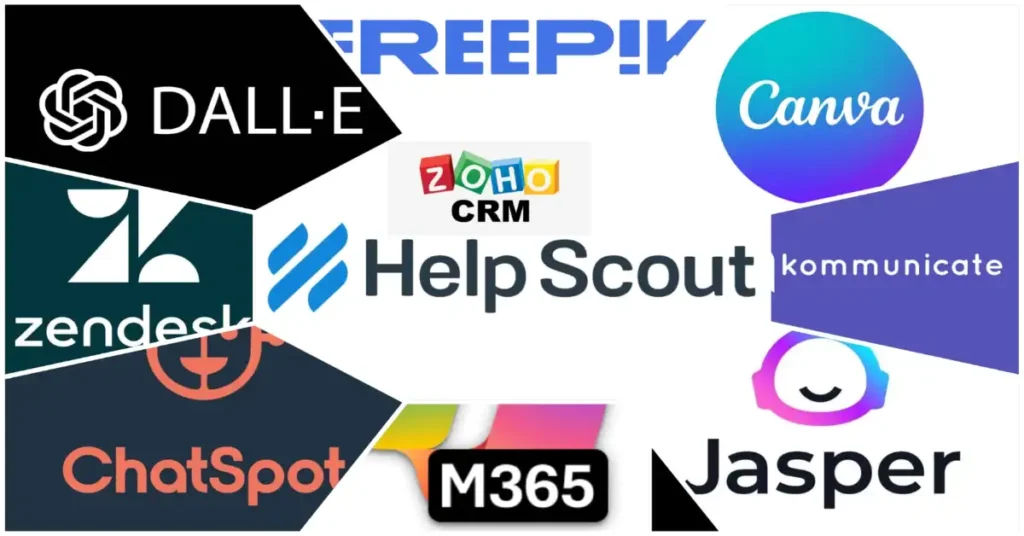
In 2025, cloud based suites and clever AI agents put enterprise-level power in the hands of solo entrepreneurs and local shops. Giants like Microsoft and Google bake AI right into tools you already know, while specialized platforms handle everything from HR to hyper-local marketing. This guide cuts through the noise. I will share exactly which tools deliver value, how they built, and how to pick your best tool.
1. Why AI Tools Matter for Small Businesses in 2025
Small businesses face a unique squeeze: do more with less, faster, while staying personal. That’s where AI tools for small businesses shine. Thanks to cloud platforms, what once needed a room full of servers now runs off your laptop. Tools like Microsoft 365 Copilot or Google’s Gemini live inside everyday apps – Word, Gmail, Sheets – automating grunt work so you focus on strategy. Imagine your inbox sorting itself, reports writing in seconds, or customer trends spotted before they’re obvious.
The impact is measurable. Faster processes mean you serve clients quicker. Smarter decisions come from data insights, not guesses. And personalized engagement turns casual buyers into loyal fans. The Small Business Administration notes that adopters see up to 40% gains in operational speed. For a bakery owner, that could mean AI handling inventory orders while they perfect new recipes. For a consultancy, it’s automated scheduling freeing up billable hours. This isn’t future-talk; it’s 2025’s reality.
2. Top AI Tools Small Business Owners Should Know in 2025
Let’s spotlight the heavy hitters. Microsoft 365 Copilot feels like hiring an assistant who knows your business inside out. It drafts documents in Word, builds spreadsheets in Excel, summarizes Teams meetings, and even crafts polite email replies. If data’s your headache, Copilot finds trends hiding in plain sight.
Then there’s Google Workspace with Gemini. Stuck on an email? Gemini drafts it. Overwhelmed by a doc? It summarizes key points. It researches topics within Gmail or Sheets, acting like a tireless intern.
For sales teams, Salesforce Einstein is a game-changer. It scores leads so you chase the hottest prospects, forecasts sales based on real patterns (not hopes), and tailors marketing campaigns that actually convert.
Need a customer service boost? IBM watsonx builds no-code chatbots that handle FAQs, bookings, or support tickets 24/7. It also mines your internal data – like customer feedback logs – to spot operational gaps.
Beyond the giants, tools like HubSpot’s Breeze AI automate prospect outreach, Jasper crafts marketing copy, and Canva designs social posts in seconds. Zapier and Gumloop connect apps and automate workflows without coding.
3. Emerging AI Agents That Transform Daily Workflows
2025 is the year AI agents move from helpers to doers. These aren’t chatbots waiting for prompts; they act independently. Take Fellow.app. It joins your meetings, transcribes discussions, tags key decisions, and assigns follow-ups – all without human nudging.
Or ClickUp Brain, which manages projects like a seasoned coordinator: tracking deadlines, nudging your team about tasks, and updating statuses autonomously.
Hiring? Paradox screens resumes, schedules interviews, and even runs initial screenings. Finance teams lean on Intuit Assist (inside QuickBooks) to auto-categorize expenses, send payment reminders, and generate invoices.
For data lovers, Tableau Agent lets you ask questions in plain English like, “Show me Q2 sales dips by region,” and builds visual reports on the fly.
And then there’s AutoGPT. Founded by Toran Bruce Richards, this open-source marvel uses GPT-4 to execute multi-step goals. Tell it “Plan a product launch,” and it autonomously researches, outlines tasks, and emails your team – no hand-holding.
4. India-focused Platform: Lumio AI and Kruti
India’s tech scene is blazing trails with local-first AI. Lumio AI, launched in 2025 from Indore by Dev Badodiya and Atharva Kelkar, is a Swiss Army knife for AI. It lets you access ChatGPT, Gemini, Claude, and others in one place. Smart switching picks the best model per task, slashing costs. You can even build custom agents – like a Bollywood-style ad writer or a regional social media manager.
Kruti, from Ola’s Krutrim team, speaks 13 Indian languages fluently. Launched in June 2025, it books cabs, pays bills, creates images, and remembers context across chats. For a Chennai shop owner, that means replying to customer queries in Tamil or Hindi seamlessly.
5. Comparison with Competing AI Agents
With so many options, how do you choose? It boils down to integration, specialization, and autonomy. Let me break it down plainly:
| Tool | Best For | Key Strength |
|---|---|---|
| Microsoft Copilot | Businesses using Microsoft 365 | Deep app integration (Word, Teams, etc.) |
| Google Gemini | Google Workspace users | Real-time research & content drafting |
| HubSpot Breeze | Sales/marketing teams | CRM-based outreach automation |
| Fellow.app | Meeting-heavy organizations | Autonomous notes & task delegation |
| AutoGPT | Tech-savvy users needing customization | Goal-based autonomous execution |
| Lumio AI | Cost-conscious multi-model users | Access to Claude, GPT-4, Gemini in one |
Microsoft Copilot and Google Gemini win if you live in Office or Workspace. They’re safe, compliant, and feel like natural extensions. HubSpot’s Breeze shines inside its CRM ecosystem for sales automation.
Fellow and ClickUp Brain specialize deeply – Fellow owns meetings, ClickUp owns projects. They’re not generalists but excel in their lanes.
Gumloop (think Zapier + AI) connects your apps using plain language: “Notify Slack when a new Shopify order arrives.” Simple, affordable, powerful.
Autonomous agents like AutoGPT demand setup but offer unmatched flexibility. Lumio and Kruti, meanwhile, prioritize local languages, low costs, and ease for non-experts.
6. Methods, Languages, Founders and Developers
Ever wonder how these tools work? Most lean on large language models (LLMs) like GPT-4, Claude, or Gemini. They use natural language processing (NLP) to “understand” requests and machine learning to improve with use.
Under the hood, platforms like Fellow or Paradox rely on Python, cloud APIs (AWS/Azure), and pre-built AI services from OpenAI or Google. Lumio AI’s Indian devs built a “model router” that smartly selects the cheapest/fastest LLM per query. Kruti runs on Ola’s open-source foundational models fine-tuned for Indian languages.
The founders? Visionaries like Toran Bruce Richards (AutoGPT) who bet on autonomy early, or Dev Badodiya & Atharva Kelkar (Lumio), who saw the need for affordable multi-model access. Bhavish Aggarwal’s Krutrim team built Kruti to feel local first.
Conclusion: How I Recommend Small Businesses Choose Tools
Cutting through the hype, here’s my straight advice: Start simple. Use the AI already in your existing tools. If you’re on Microsoft 365, test Copilot. On Google? Try Gemini. Get comfy there before adding new platforms.
For sales/marketing, HubSpot Breeze or Zoho AI add rocket fuel to CRMs. Automate workflows between apps with Gumloop or Zapier – they’re glue for your tech stack.
Once basics are set, explore specialized agents. Try Fellow if meetings drain you, or ClickUp Brain for project chaos.
Tech-savvy entrepreneurs? AutoGPT offers insane control (if you tinker). For Indian SMBs, Lumio slashes costs, while Kruti masters local contexts.
Always track ROI. Focus on tools that save time on high-effort tasks: invoicing, emails, content creation. And scrutinize pricing – freemium tiers (like Canva or Gumloop) let you test before investing.
As someone who’s tested these tools daily for years, I’m convinced: AI tools for small businesses in 2025 aren’t about replacing humans. They’re about freeing us to do our best work. Start small, think big, and let AI handle the rest.
FAQs About AI tools for small businesses in 2025
What are the best AI tools for small businesses in 2025?
In 2025, QuickBooks AI leads for smart accounting and cash flow forecasting. ChatGPT and Gemini help with content creation, customer support, and brainstorming. For marketing visuals, Canva AI and Jasper make design and copywriting fast and affordable
How can AI tools improve efficiency in small businesses?
AI automates routine tasks like accounting, scheduling, and email follow-ups to free up time. It gives real-time insights into sales, expenses, and customer behavior so decisions are smarter. Tools also help with fast marketing think instant visuals, social posts, and targeted ads.
Are AI tools affordable for small businesses?
Yes most AI tools limited in 2025 are budget-friendly and offer free tiers or low monthly plans2. They help small teams save time and money without hiring extra staff. From marketing to accounting, AI now fits even lean startup budgets
Do you need technical expertise to use AI tools?
Not really most AI tools in 2025 are built for non-tech users with drag-and-drop interfaces and smart assistants. You can run ads, design visuals, or analyze data without coding. For advanced tasks, tutorials and built-in guidance make learning easy.
